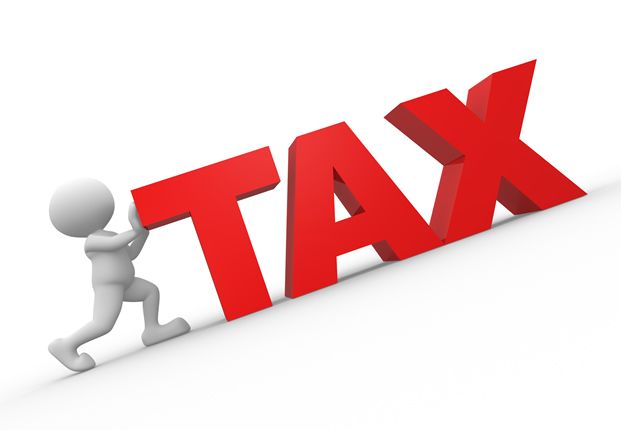
Experts say the move could reshape Nigeria’s complex tax landscape, boost compliance, and strengthen ease of doing business….
Nigeria is taking bold steps to simplify its complicated tax system, as the National Assembly considers a constitutional amendment aimed at ending multiple taxation and clarifying the taxing powers of the three tiers of government.
The amendment bill, which recently passed second reading, forms part of a broader tax reform agenda championed by the Presidential Committee on Fiscal Policy and Tax Reforms, led by Taiwo Oyedele.
In a statement shared on his official X handle, Oyedele explained that the proposed constitutional alterations will, among other objectives, “clarify the taxation powers of federal, state, and local governments to prevent overlap and conflict.”
He said the amendment also seeks to define the specific taxes and levies collectible by each tier of government, prevent unlawful outsourcing of revenue collection, and establish a ceiling on the number of taxes that can be imposed on income, consumption, or property.
If enacted, the law will strike out nuisance taxes, those often duplicated or collected arbitrarily by government agents and end the persistent harassment of individuals and businesses in the name of tax collection.
According to Oyedele, the initiative is designed to enhance transparency, fiscal discipline, and accountability, while creating a fair and predictable tax environment.
“Once successfully altered, this amendment will ensure that taxes are sustainably harmonised and the burden and related consequences removed once and for all. We are grateful to the National Assembly for this patriotic effort to address a critical problem in our tax system,” he said.
Tax Reform Laws Signed into Force
The constitutional amendment comes just months after President Bola Tinubu signed four landmark tax reform bills into law, in what experts have described as the most comprehensive overhaul of Nigeria’s tax framework in decades.
The new legislation, signed on June 26, 2025, includes the Nigeria Tax Act (2025), Nigeria Tax Administration Act (2025), Nigeria Revenue Service (Establishment) Act (2025), and the Joint Revenue Board (Establishment) Act (2025).
According to government sources, the Revenue Service Act and Joint Revenue Board Act took effect immediately upon signing, while the Tax Act and Tax Administration Act will commence on January 1, 2026.
Together, these laws are expected to modernize Nigeria’s tax system, encourage voluntary compliance, and eliminate duplication of functions across federal and subnational tax agencies.
What the New Laws Mean for Nigerians
The reforms also introduce a range of new measures aimed at protecting small businesses and low-income earners:
- Exemption for small businesses: Companies with annual turnover below ₦100 million and assets under ₦250 million may be exempted from corporate income tax.
- Relief for low-income earners: Individuals earning below ₦800,000 annually are expected to be exempt from personal income tax starting in 2026.
- Tighter compliance obligations: Businesses will be required to maintain improved record-keeping, adopt mandatory e-invoicing for VAT transactions, and provide detailed transaction reports.
- Harmonisation of tax laws: The reforms will unify federal, state, and local tax administration, reducing duplication and creating a simpler, more business-friendly system.
- Economists and policy watchers say these changes could significantly improve Nigeria’s ranking in global ease of doing business indexes and reduce the cost of tax compliance for enterprises operating across multiple jurisdictions.
If the constitutional amendment passes its final readings, it will serve as a legal anchor to sustain these reforms, ensuring that Nigeria’s tax system remains harmonised, transparent, and equitable for all stakeholders.



